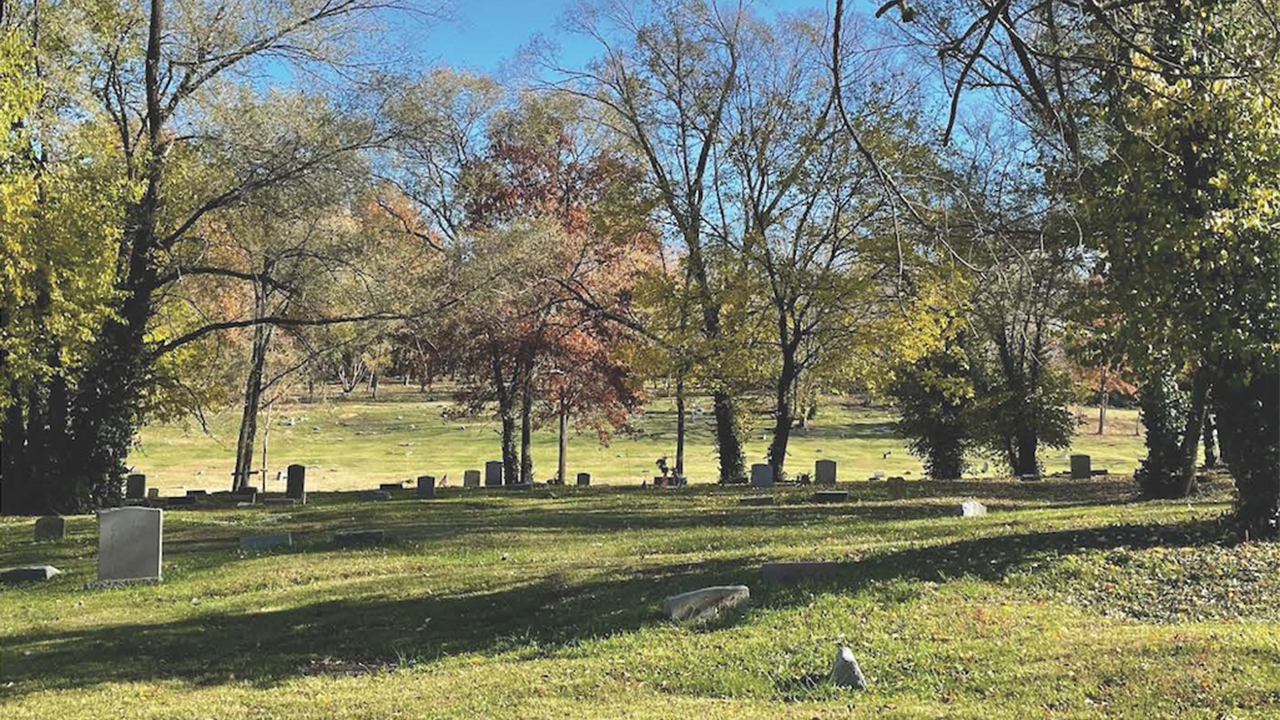Five Things I Learned at Greenwood Cemetery
By Keona Dordor
December 20, 2023

A history repository:
Greenwood Cemetery matters because it is a history repository. Established in 1874, it holds the distinction of being the first nonsectarian historically Black Cemetery in the St. Louis metropolitan area. It houses the final resting places of notable figures, from Civil War veterans to influential community leaders. It offers an invaluable educational resource for researchers, historians, and students. It provides insight into the social, political, and cultural history of African Americans in St. Louis.
A reflection of social change:
The cemetery reflects the societal changes over the years, particularly in terms of racial segregation and integration. The fact that a place like Greenwood had to exist in the first place reveals much about the profound implications of racial dynamics at the time. The history of its desecration and neglect, followed by the necessity of its revival, poignantly illustrates the enduring struggle and resilience of African Americans in our pursuit of equality and acknowledgment.
A demonstration that preservation is a labor of love:
The preservation of Greenwood is more than a duty; it is a labor of love. Dedicated volunteers and preservationists invest their time, resources, and expertise to maintain and restore this sacred space. Greenwood’s preservation goes beyond maintaining tombstones and landscapes. It is about preserving the stories and legacies of those interred here. Their unwavering commitment ensures that Greenwood’s heritage lives on for future generations.
Community engagement matters:
Greenwood’s preservation is a collective effort. Community engagement is key to its success. Whether through volunteering, fundraising, or spreading awareness, every individual can contribute to the ongoing preservation of this historical gem. Getting involved ensures that the legacy of Greenwood continues to thrive.
A lesson for young people:
As a younger generation known for our activism and passion for causes, we need to recognize the importance of actively participating in the preservation of such historical sites that house the stories of those belonging to marginalized groups. Our involvement is vital in ensuring that these places, rich with our collective history and identity, are not only remembered but also adequately maintained for future generations.






